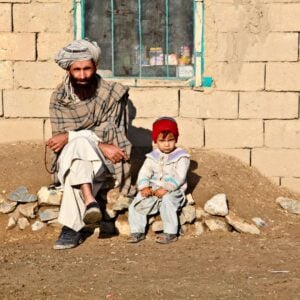World leaders have expressed strong support for the first United Nations global political declaration on noncommunicable diseases (NCDs) and mental health, which aims to address these issues in an integrated manner. The declaration, finalized after a five-month intergovernmental negotiation process, is scheduled for consideration and final approval at the 80th session of the UN General Assembly in October 2025. Heads of state, government officials, and health ministers convened at the fourth UN High-level Meeting on NCDs and mental health to discuss and endorse the text.
NCDs, including cardiovascular and lung diseases, cancer, and diabetes, are the leading causes of death globally, claiming at least 43 million lives in 2021, with 18 million deaths among people under 70. The majority of these premature deaths (82%) occur in low- and middle-income countries. Mental health conditions also affect over a billion people worldwide. The rising prevalence of NCDs in every country underscores their urgent importance for public health, productivity, and sustainable economic development.
The political declaration, titled “Equity and Integration: Transforming Lives and Livelihoods through Leadership and Action on Noncommunicable Diseases and the Promotion of Mental Health and Well-being”, sets ambitious global targets for 2030. These include reducing tobacco users by 150 million, increasing by 150 million the number of people with hypertension under control, and ensuring 150 million more people have access to mental health care.
In addition to integrating lessons from the COVID-19 pandemic, the declaration expands the scope of NCDs to include oral health, lung health, childhood cancer, liver and kidney diseases, and rare diseases. It also addresses environmental determinants such as air pollution, clean cooking, lead exposure, and hazardous chemicals, while acknowledging risks from digital harms, including excessive screen time, harmful content, and misinformation.
The declaration emphasizes regulatory measures on e-cigarettes, novel tobacco products, unhealthy food marketing to children, front-of-pack labeling, and the elimination of trans fats. It incorporates the perspectives and needs of people living with NCDs and mental health conditions, as well as vulnerable groups such as climate-affected populations, residents of Small Island Developing States, and individuals in humanitarian settings.







